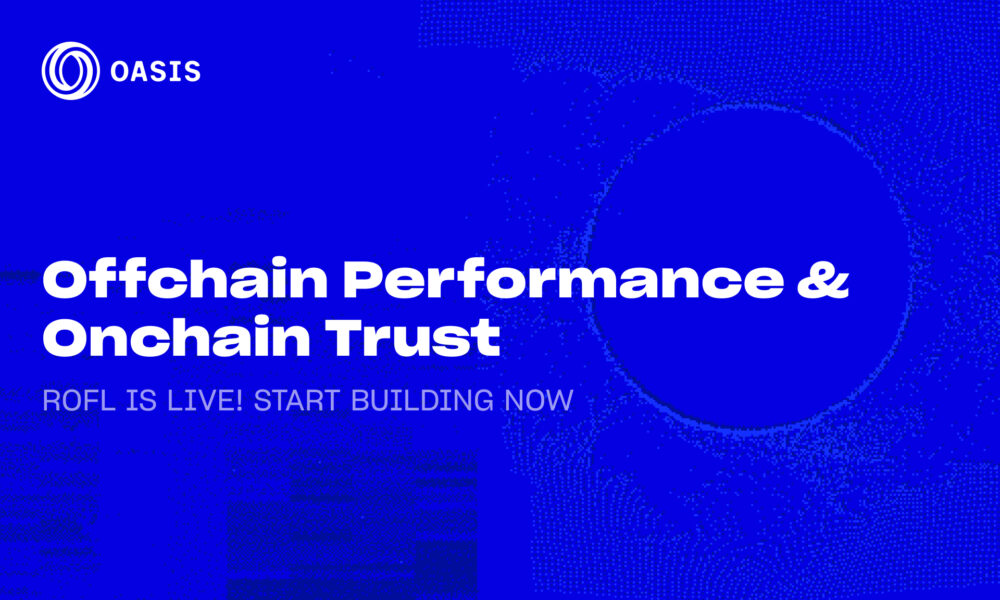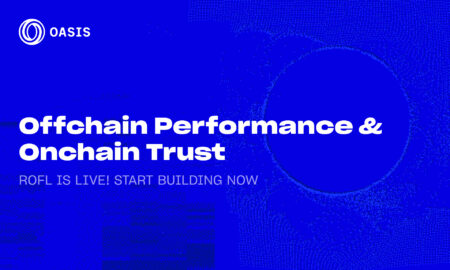In finance, unicorns—privately held startups valued at over $1 billion—have become the golden geese for investors.
Traditionally, access to these lucrative opportunities has been restricted to a small group of accredited investors. However, the landscape is poised for a significant transformation.
Recent discussions and potential changes in accreditation rules promise to democratize investment in unicorns, opening doors for a broader range of investors.
“Investing in unicorns allows investors to support and participate in cutting-edge innovation. These companies often lead trends and advancements in their respective fields, contributing to overall industry progress,” says Hamza Loulichki, a leading expert in product management and fintech.
Loulichki can provide valuable insights into this evolving landscape of unicorn investment and its implications.
Currently a Senior Product Manager at Linqto, a platform specializing in democratizing private investing Loulichki leads the product growth strategy, working closely with the VP of Product to optimize top-of-funnel experiences.
His strategic vision and execution are instrumental in Linqto’s mission to democratize access to private investing.
Under the current regulations in the United States, an accredited investor is defined as an individual who earns an income exceeding $200,000 (or $300,000 together with a spouse) in each of the prior two years, or who has a net worth over $1 million, excluding the primary residence: “These stringent requirements have effectively limited private equity investments, including in unicorns, to a wealthy minority,” says Loulichki.
“This exclusivity has been a double-edged sword—while it has protected less experienced investors from high-risk ventures, it has also kept them from potentially transformative financial opportunities.”
However, the U.S. House of Representatives recently advanced a bill proposing introducing a test to qualify as an accredited investor: “This initiative aims to base accreditation on financial literacy rather than net worth or income.”
“This is a crucial step towards inclusivity in the financial markets. Accreditation based on financial knowledge rather than wealth is a progressive move.”
“It ensures that individuals who understand the risks and opportunities of investing in private equity can participate, regardless of their financial background.”
The shift towards knowledge-based accreditation could significantly expand the pool of potential investors. Loulichki believes that this democratization will benefit not only individual investors but also startups seeking funding.
“When more people have access to investment opportunities, we increase the overall capital available for startups,” Loulichki explains. “This can drive innovation and growth, as companies can secure the necessary funds to scale and succeed without the need to go public.”
One illustrative example is Linqto’s platform, which offers investment opportunities in pre-IPO companies such as Anthropic, Stripe and Ripple. Traditionally, such investments were out of reach for non-accredited investors. However, by lowering the minimum investment threshold to $5,000, Linqto has already made strides towards inclusivity. The impact could be even more profound with the proposed changes in accreditation rules.
Linqto has had several success stories that underscore the potential benefits of wider investment access. One notable example is the investment opportunity in Coinbase. Loulichki shares: “Before Coinbase went public, we offered shares on our platform. Those who invested through Linqto saw substantial returns of 5-10x within a year of Coinbase going public. This is a prime example of how providing access to high-value investment opportunities can benefit investors significantly.”
The proposed accreditation changes could multiply such success stories. Loulichki envisions a future where more individuals can participate in the growth of unicorns, benefiting from the substantial returns these investments can offer. He emphasizes that this inclusivity could lead to a more dynamic and innovative market, with increased competition and creativity among startups.
A critical component of this transition is ensuring that new investors are well-prepared to navigate the complexities of private equity. Loulichki highlights the importance of educational initiatives in this context.
“Financial literacy is paramount,” he asserts. “We need to provide robust educational resources to ensure that new investors understand the risks and opportunities involved in private equity investments.”
Linqto has already started incorporating educational content into its platform, offering webinars, articles, and interactive tools to help investors make informed decisions.
Loulichki believes such initiatives are crucial for the success of the new accreditation framework: “It’s about empowering people with knowledge. When informed, investors can make better decisions, which benefits everyone in the market.”
The democratization of investment in unicorns is not just a win for individual investors and startups; it has broader economic implications. By opening up investment opportunities, the flow of capital within the economy can become more dynamic and equitable. Loulichki notes that this can lead to increased economic participation and wealth distribution.
“By allowing more people to invest in high-growth startups, we are enabling a more inclusive economy,” Loulichki explains. “This can lead to greater economic stability and growth, as a larger segment of the population benefits from the success of these companies.”
Moreover, the influx of new investors can drive greater market competition and innovation. Startups, fueled by increased funding, can focus on developing groundbreaking products and services, further driving economic progress.
While the potential benefits are significant, Loulichki acknowledges that challenges must be addressed. One of the main concerns is ensuring that the new accreditation process maintains rigorous standards to protect investors.
“We need to strike a balance,” Loulichki says. “While democratising access is important, we must also ensure that investors are adequately protected and informed. This requires a robust and well-designed accreditation process.”
Another consideration is the potential for market volatility. With a larger pool of investors, the dynamics of private equity markets could change, leading to new challenges in managing market stability. Loulichki believes continuous monitoring and adaptive regulatory measures will be essential in this evolving landscape.
As the fintech industry continues to evolve, the proposed changes in accreditation rules represent a pivotal moment. Loulichki’s vision for the future is one where financial opportunities are accessible to all, driven by knowledge and inclusivity.
“The fintech landscape is constantly evolving,” Loulichki reflects. “These changes in accreditation rules are just the beginning. We are moving towards a more inclusive, dynamic, and innovative financial ecosystem.
In conclusion, the new era of unicorns, fueled by changes in accreditation rules, promises to open doors for a broader range of investors.
The fintech industry is poised to create a more inclusive and innovative financial future. By focusing on financial literacy and accessibility, democratising private equity investments can drive significant economic growth and opportunity, benefiting individuals and the broader economy.
About Hamza Loulichki
Hamza Loulichki is a distinguished Senior Product Manager specializing in fintech, renowned for his expertise in growth strategy and customer experience optimization. With a career that spans multiple high-profile roles,
Loulichki has a proven track record of driving user acquisition and retention through innovative product management, having most recently helped Linqto grow from 70,000 users to 1 million in under 2 years.
His professional journey began at the Boston Consulting Group, where he honed his skills in M&A advisory and go-to-market strategies for major CPG and airline clients. This foundational experience set the stage for his transition into product management, where he has since excelled.
At Amazon Web Services, Loulichki contributed to the most coveted cloud contract at the time, the $10 billion JEDI contract, using his technical and strategic insights to showcase how AWS products were the most advanced cloud products on the market and having those findings presented to the CEO of AWS at the time and current CEO of Amazon.com, Andy Jassy. . His tenure at Rent the Runway and Louis Vuitton saw him develop internal tools to optimize shipment costs and manage SKU shortages, showcasing his ability to tackle complex logistical challenges.
At Better.com, Hamza served as a Product Manager for growth, where he further established his reputation by leading initiatives that significantly improved the customer journey, allowing the company to fund over $100 billion worth of loans.
Loulichki’s academic credentials are equally impressive. He holds a B.A. in Financial Economics and an M.S. in Management Science & Engineering from Columbia University. His education, blending operations research and corporate finance, underpins his analytical and data-driven approach to product management.
Passionate about fintech, Loulichki continues to drive innovation and growth, leveraging his multifaceted expertise to make a significant impact in the industry. His dedication to enhancing customer experiences and his strategic acumen make him a pivotal figure in the fintech landscape.



































